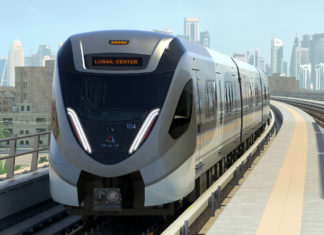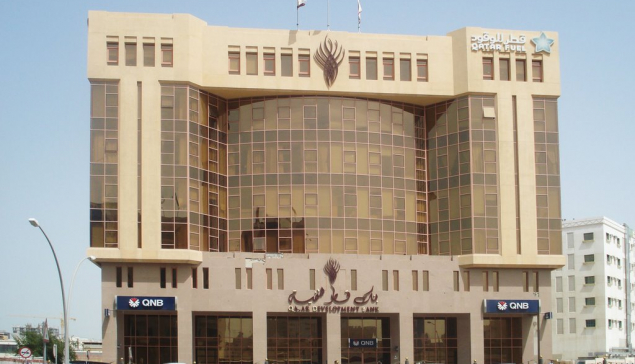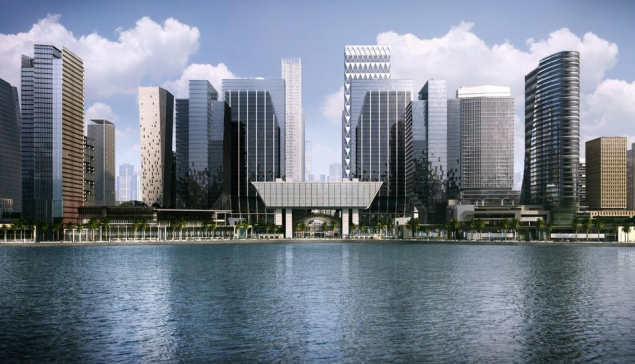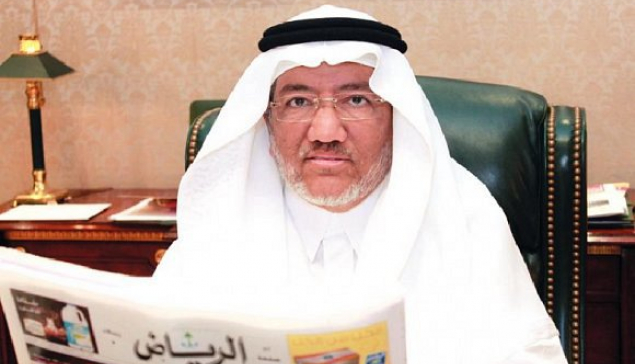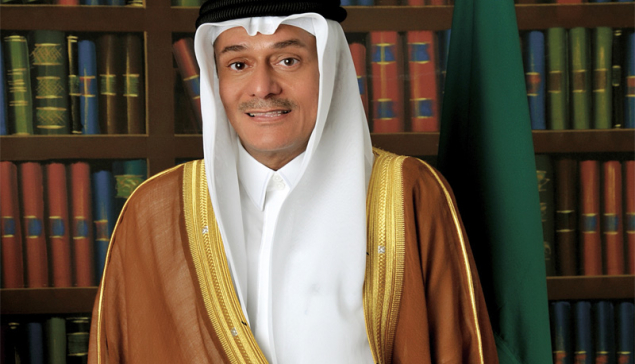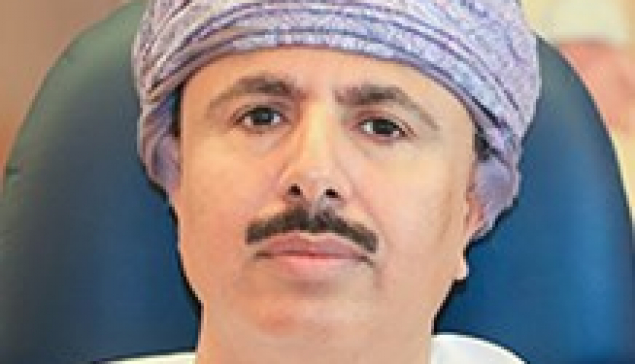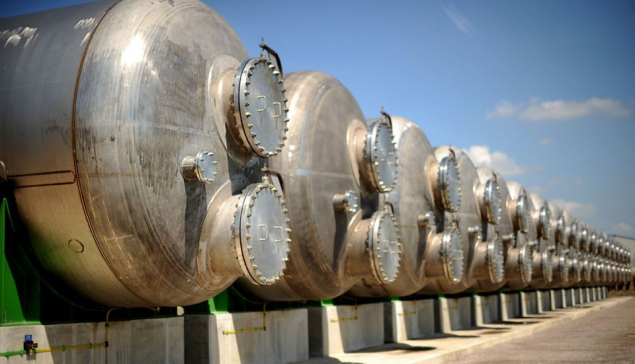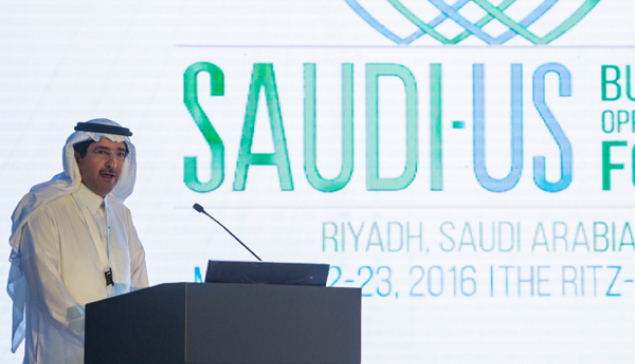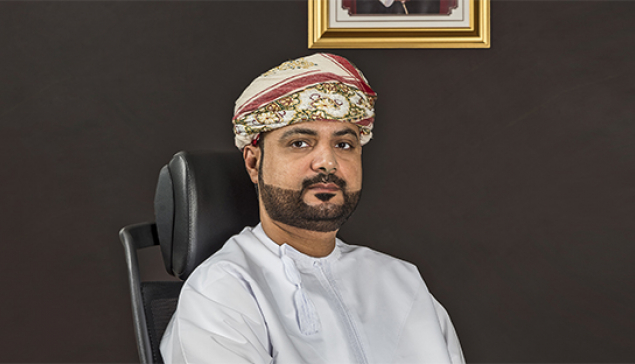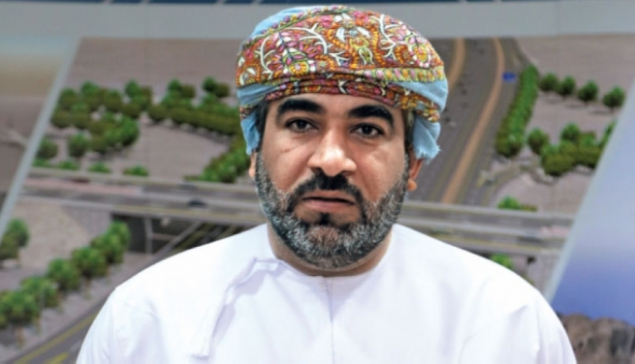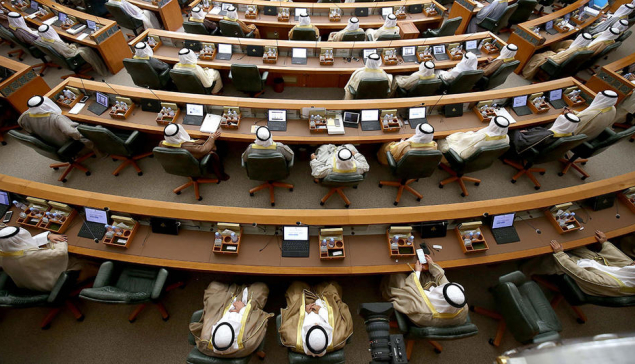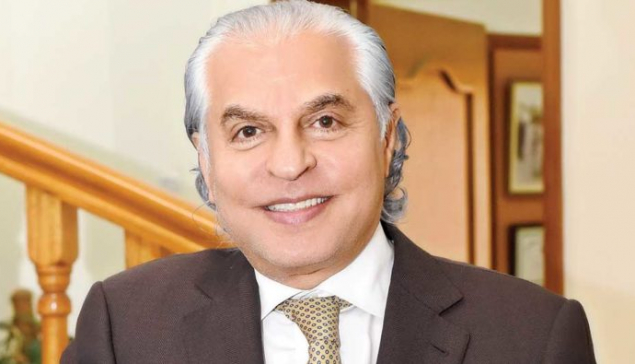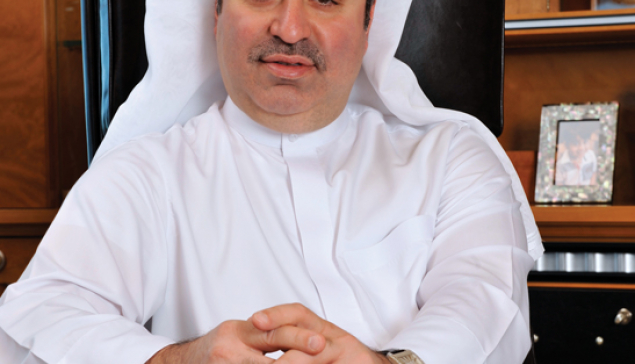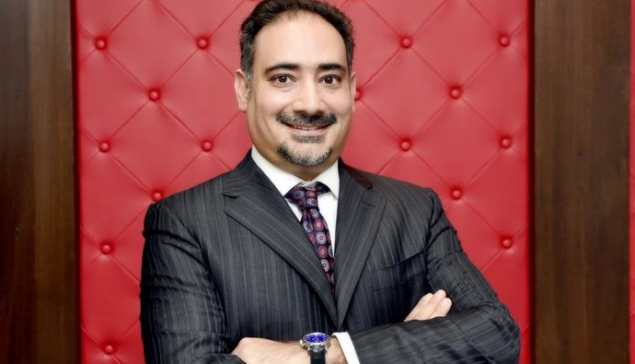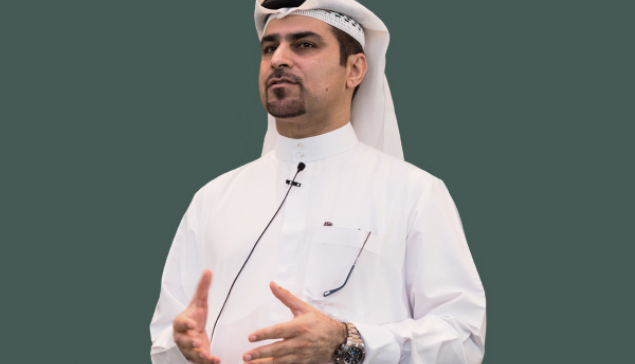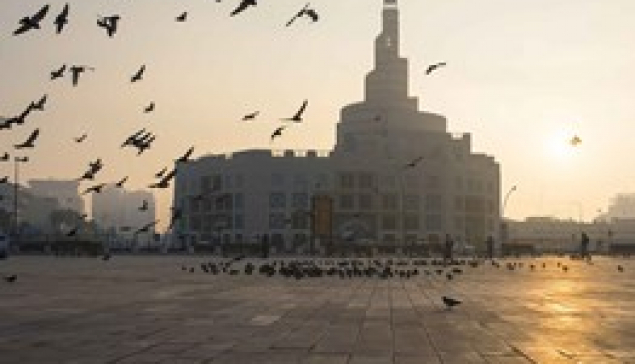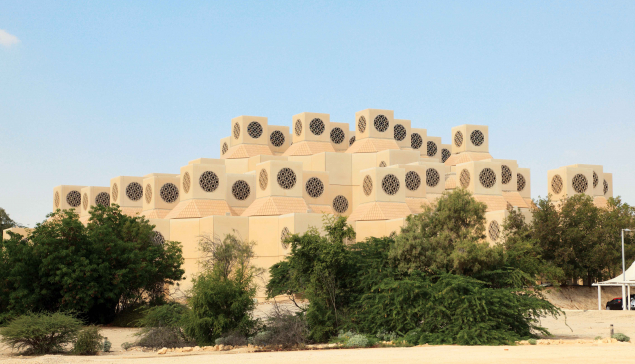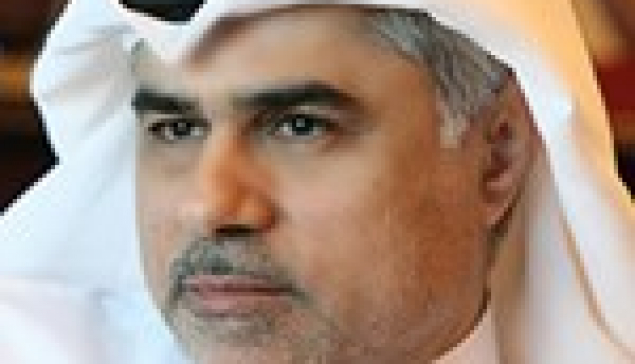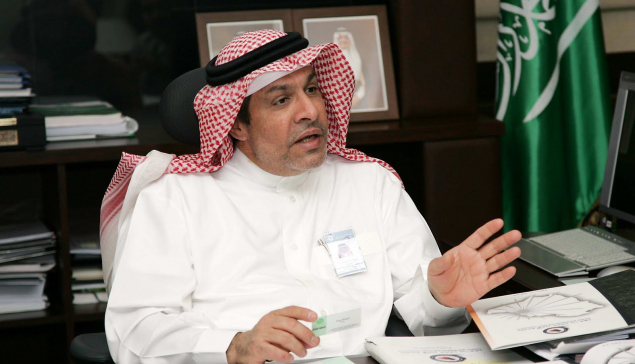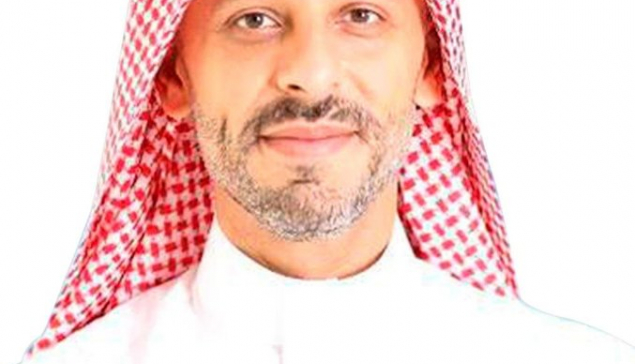This emblematic contract, for a period of 20 years, is estimated to be worth 3bn euros. The network will be launched in stages from the end of 2018, until the end of construction in 2020. This is the first public transport network in Qatar and a key part of ‘Qatar Vision 2030’, a strategic plan established by Qatari government in 2008, which sets the development and growth objectives for the emirate in the coming years.
On December 7, 2017, Qatar Rail, the Qatari national public transport operator, awarded RKH Qitarat — the joint venture based on a consortium between RATP Dev and Keolis (49%) and the Qatari company Hamad Group (51%) — the operations and maintenance contract for new automated metro of Doha, the capital of Qatar with more than two million residents, and a light rail network in Lusail.
Lusail is located 15km from Doha’s city centre and is currently being built and, once completed, is expected to house 240,000 residents.
Qatar Rail is currently in charge of building the new integrated urban transport network, which will include both the Doha metro and Lusail light rail. The Doha metro will be completely automated and driverless with 75km of track and 37 stations. It will be equipped with Communications Based Train Control (CBTC) technology — a control system based on WiFi communication between vehicles and the computers controlling traffic — and will initially consist of three lines: – The Red line, which will serve the Lusail City International Airport in just 36 minutes, and connect with the metro network. – The Green line, which will link Al Mansoura, to the east, to Al Riffa, in the west, and serve 11 stations. – The Gold line, which will serve the Khalifa International Stadium, completed in 2016.
The first part of the network will be largely underground and should start operating from the end of 2018, with 640,000 passengers a day, starting from 2021. The Lusail light rail network will cover 18km of track and consist of four lines serving 25 stations in total. The first part of the light rail network will open to the public in January 2019, in advance of the end of its construction, which is expected to be in 2020.
Mobilisation phase prior to the launch of this network will only last a year, an extremely short timeframe compared to 18 months usually accorded for this stage of the project. Therefore, RKH Qitarat will have to recruit and train its new employees in less than 12 months. Over the next three months, the number of employees will increase to 100, in order to reach the 1,500 employees required in two years time.
The largest public transport network in Qatar, its construction was deemed necessary, especially as the country will host the soccer World Cup in 2022. The opening and closing matches of the competition will take place in Lusail.
- Super User
- Trade & Services
- Hits: 8034
